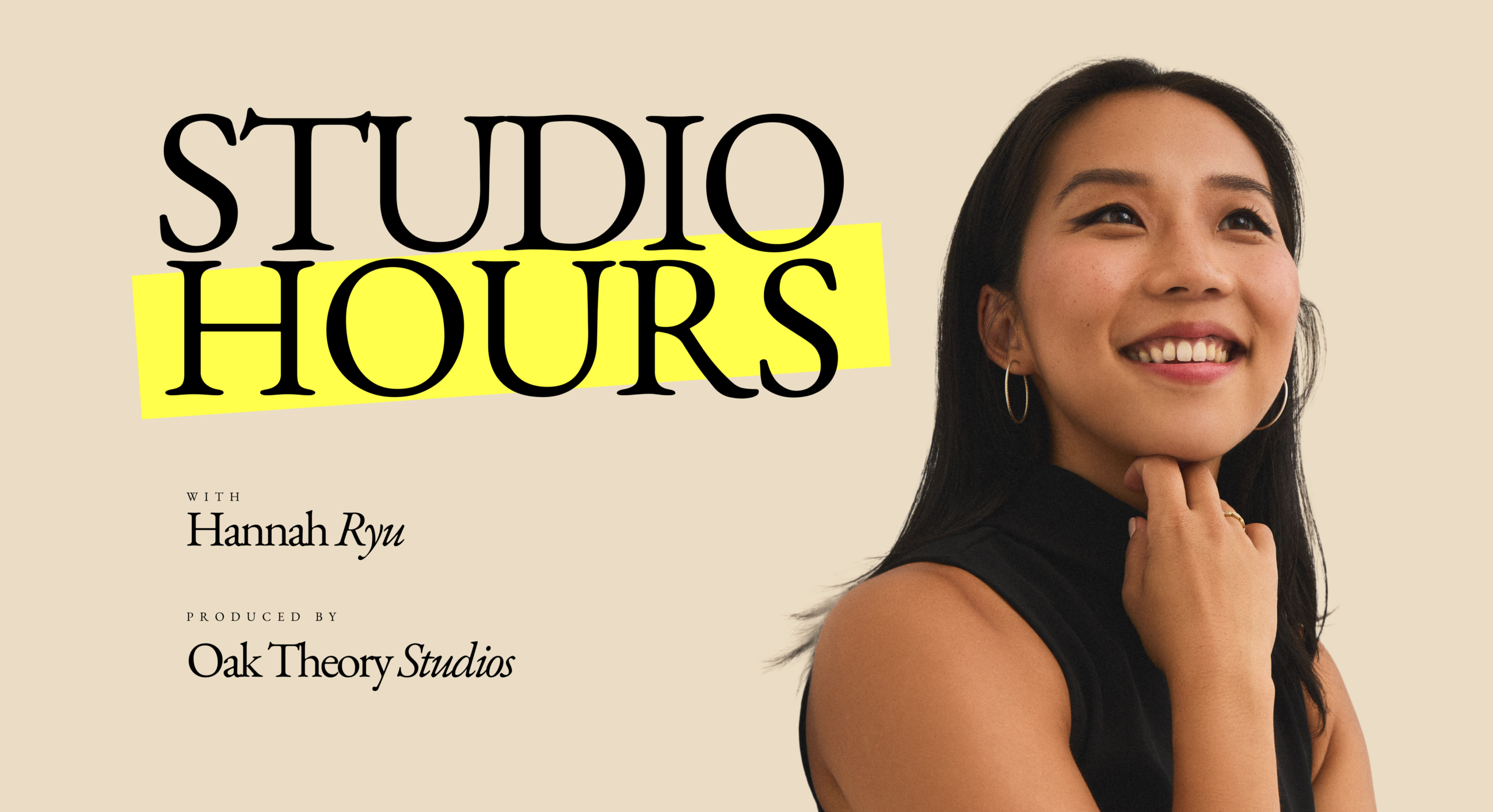It feels like we’re collectively coming down from the whirlwind romance into the other side of the puppy love phase with AI.
While we will continue to surf the exponential disruptions from this shiny and very powerful technology, there is a reset happening: reorganizing ourselves to the new normal.
The new normal of witnessing machines write perfect prose.
The new normal of a three minute deep research synthesis.
The new normal of unlimited great ideas fleshed out prompted by unfinished thoughts.
Lots of dopamine kicks. On what could be. Endless access to ideas and output.
When machines can generate flawless design, polished prose, and an answer to everything, what does it mean to show up as human?
If machines can make perfect things, or things perfect, what’s left for us? What does it mean to be a productive human being?
AI excels at speed, scale, polish and pattern recognition. It can remix the past and the data inputs (that we’ve given it), but it can’t wrestle with the unknown. It doesn’t experience the new.
Nature Doesn’t Do Perfect
Throughout history, great architects and artists alike have credited nature as their main source of inspiration.
Nature – the beautiful, grand, and ever-surprising source art all around us – exists and has existed without our creation, yet has resourced everything we’ve made. The true source of it all.
When we look to nature we see that nothing is flawless yet everything works together as a masterpiece.
Branches grow crooked, rivers meander, and no two snowflakes are alike.
And yet we look at the horizon at the Grand Canyon or simply in your bike path from work, and we’re mesmerized by how surprisingly irregular and collectively beautiful it is.
Nature reminds us that imperfection is the root of authenticity. And unpredictability is the truth of life.
We’ll continue to see an increase in works of art (e.g. writing, design, illustrations, photography, poetry) that are polished. We’ll be swimming in the midst of this “perfected” sea of creations and wonder why we feel so far from ourselves. Why doesn’t it resonate or move us to feel?
We see this with the changing culture of Instagram to LinkedIn. Where filtered pixel-perfected posts dominated, we’re seeing the change to the more “unhinged” rawness and the looseness that we connected on in the early internet era of MySpace and RSSfeeds.
Imperfection as Trust
We are all in ourselves imperfect. And a portrayal of perfection is, in the end, not relatable. It zaps us away from our own source.
“Flaws are human, and the attraction of art is the humanity held in it. If we were machinelike, the art wouldn’t resonate. It would be soulless. With life comes pain, insecurity, and fear.” – Rick Rubin
Creativity is born out of the discomfort and the immensely frustrating tension living in almost there, while never fully “getting there.”
At our studio, while working on projects, there is a lot of tension and a lot of creative muscle tearing while we are “in the work”. The value is in the process. The “a-ha” moments happen in the thick of the molasses when nothing seems to be clicking. When we put our brains together, infusing our personal perspectives and lived experiences to the data and the research, of merging wildly different worlds together into one to create a new experience.
And ultimately, we create for each other, for other human beings. And of all being from the same source of nature, we feel connected when we feel most seen.
There has never been a better time to pursue unfiltering and relentlessly being you. Showing up fully human. Saying the “uhms” and “ahs”, writing despite your imperfect grammar, adding that quirk that may not make sense to everyone but you – because in our new world of pristine, imperfection becomes a form of trust.





















